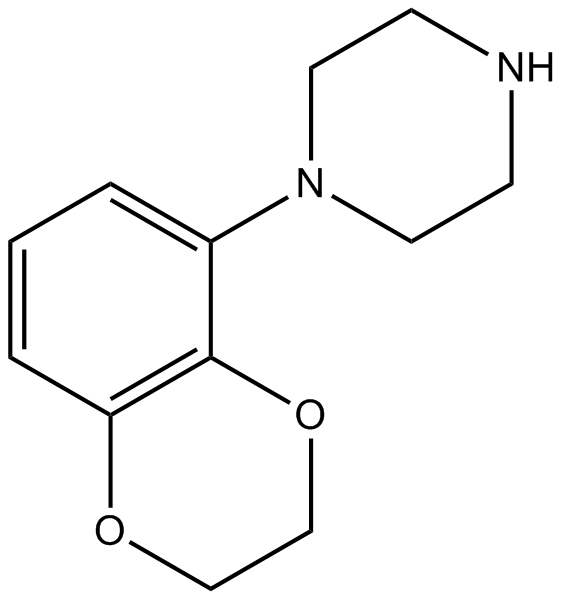Fucosterol (Synonyms: 24-ethylidene Cholesterol) |
| Catalog No.GC10456 |
Le fucostérol est un stérol isolé d'algues, d'algues ou de diatomées.
Products are for research use only. Not for human use. We do not sell to patients.

Cas No.: 17605-67-3
Sample solution is provided at 25 µL, 10mM.
Fucosterol is a plant sterol found in algae that has diverse biological activities including antioxidant, anti-inflammatory, anticancer, and antidiabetic properties among others.[1] It decreases markers of oxidative damage and increases antioxidative enzyme activity in vitro.[2] It reduces the expression of TNF-α and IL-6 following LPS administration by halting NF-κB and p38 MAPK signaling in RAW 264.7 murine macrophages.[3] In HEK293, MCF-7, and SiHa cells, fucosterol decreases proliferation (IC50s = 185.4, 43.3, and 34.0 µg/ml, respectively).[4] It also has anticancer activity in HL-60 leukemia cells, where it inhibits cell growth, halts the cell cycle at the G2/M transition, and induces apoptosis with maximally increased caspase-9, -8, and -3 expression at 68.8 µM.[5] In a streptozotocin rat model of diabetes, it decreases serum glucose concentrations when administered at 30 mg/kg.[6]
Reference:
[1]. Abdul, Q.A., Choi, R.J., Jung, H.A., et al. Health benefit of fucosterol from marine algae: A review J. Sci. Food Agric. 96(6), 1856-1866 (2015).
[2]. Lee, S., Lee, Y.S., Jung, S.H., et al. Anti-oxidant activities of fucosterol from the marine algae Pelvetia siliquosa Arch. Pharm. Res. 26(9), 719-722 (2003).
[3]. Yoo, M.S., Shin, J.S., Choi, H.E., et al. Fucosterol isolated from Undaria pinnatifida inhibits lipopolysaccharide-induced production of nitric oxide and pro-inflammatory cytokines via the inactivation of nuclear factor-κB and p38 mitogen-activated protein kinase in RAW264.7 macrophages Food Chem. 135(3), 967-975 (2012).
[4]. Caamal-Fuentes, E., Moo-Puc, R., Freile-Pelegrin, Y., et al. Cytotoxic and antiproliferative constituents from Dictyota ciliolata, Padina sanctae-crucis and Turbinaria tricostata Pharm. Biol. 52(10), 1244-1248 (2014).
[5]. Yi, Y.B., Ji, C.F., and Yue, L. Study on human promyelocytic leukemia HL-60 cells apoptosis induced by fucosterol Biomed. Mater. Eng. 24(1), 845-851 (2014).
[6]. Lee, Y.S., Shin, K.H., Kim, B.K., et al. Anti-diabetic activities of fucosterol from Pelvetia siliquosa Arch. Pharm. Res. 27(11), 1120-1122 (2004).
Average Rating: 5 (Based on Reviews and 23 reference(s) in Google Scholar.)
GLPBIO products are for RESEARCH USE ONLY. Please make sure your review or question is research based.
Required fields are marked with *




















